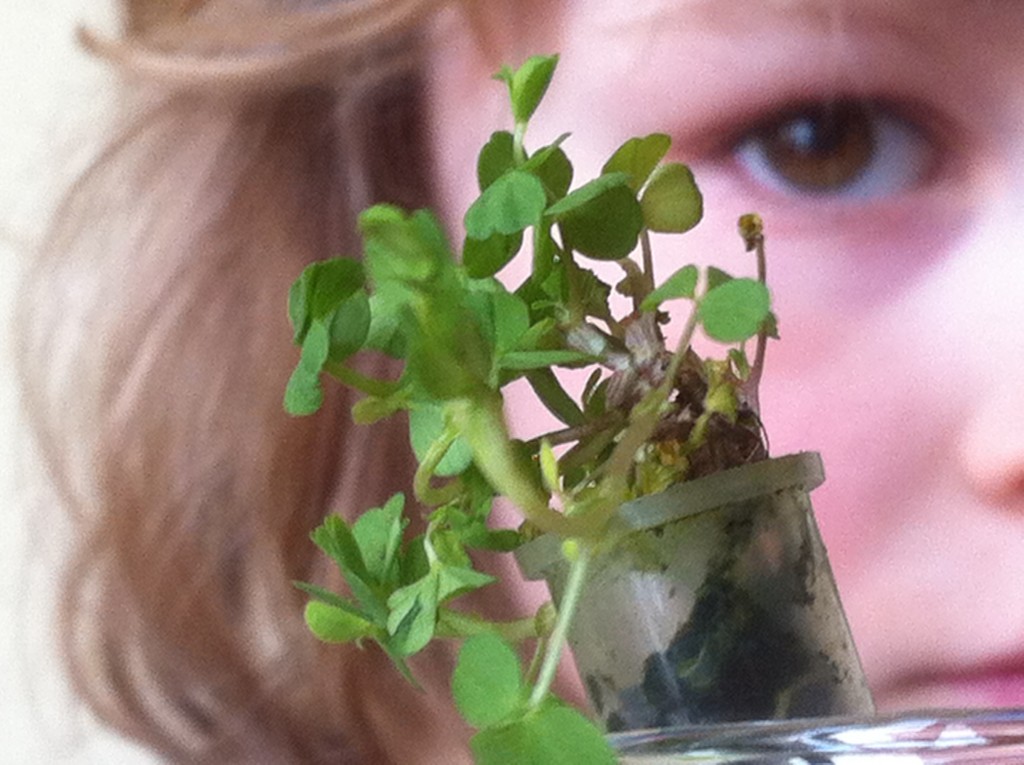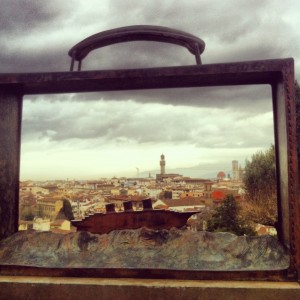I’ve lived more of my life away from Ireland than in it, but of course I always think of it as home and part of my children’s identity too. Language is key to that. At school I learned Irish for many year starting at the age of 4, and it’s not an easy language to learn. But I really believe that early start got me to where I am today.

I was lucky to go to a primary school that had a positive attitude to the language, and in later years I was one of those kids who didn’t really mind wading through the 18th century epic poems, mad grammar and spelling, and the much-maligned kitchen sink drama of Dingle housewife Peig (a book known to be ritually destroyed after completing the exam). What made it tough for people was that it was mandatory: you had to pass it to enter university and get a civil service job. But it’s a wonderful language to hear and speak and has a deep, rich heritage, very close to the traditional music that I play and love.
My parents weren’t able to help much with my Irish homework – it was not taught well in the 1940s. But my siblings and I benefitted from the first great strides made during the 1970s to standardise the teaching of the language. An early advantage I discovered when moving away from home was how useful a secret language it could be — though you might get in trouble commenting about others on the London tube.
Irish – also called Gaelic, but that’s more for foreigners – is actually the official language so the country is technically bilingual. This means that street signs and paperwork are in two languages and as an EU minority language, taxpayers’ money pays for interpreters sitting in the European Parliament. Many people still think of it as a dying language, that too much is invested in it. A begrudger might indeed think I’ve lived away for too long and am too romantic about it. In reality only about 80,000 people speak Irish on a daily basis although this number has been growing and the many second-generation Polish and Nigerian children often famously learn it better than their peers.
Moving away from Dublin in 1995 I could not have imagined the blossoming of the language seen in the last 10 years, becoming cool enough that you’ll hear teenagers speaking it on the bus in Dublin (well, certain parts of the city). The Irish language TV station TG4 is an innovative broadcaster, full of lovely young faces, and if we were living in Ireland we might well have our children at the local gaelscoil (Irish school) to ensure they’re learning better than I ever did. You can actually study the language in most countries in the world.
I’m a strong believer that the learning of Irish from an early age – a language so structurally different to English – leads to a population naturally able to take on more languages (and indeed carry a tune). Many a smart politician during the Celtic Tiger was delighted to welcome the Dells, Googles and Facebooks who wanted to build their European headquarters in Ireland, encouraging them to take advantage of one of Europe’s most multi-lingual (and youngest) countries. And they’re still there, though the graduates have been leaving in droves since the recession – a story for another day.
After learning Irish from the age of 4, I started on school French at 10, then German for a few years and by the time I got to university (having survived all those exams about the modh coinniollach) I was all set to take on Italian or Russian. Italian won out and here I am, many years later, working on i pronomi possessivi with my 6 year old who can roll her Rs much better than I ever will.

When my daughters were small, I would use some Irish phrases in everyday chat – Tabhair dom do lámh (give me your hand), Oíche mhaith (good night) or Tóg go bog é (calm down). I would have used more except we were living in Norway and needed to focus on getting used to Norwegian or just practising English. So for 7 years we mixed it up a bit.
Now, in Italy, we’re living through a third language and I’m figuring out how to do the trilingual thing with them – learning Italian, speaking English everyday but also remembering their Norwegian. (We only speak English at home).
But some of those old phrases are hard-wired – they’ll respond when I say them – and this morning the older one assured me she could say a few Irish words to her classmates if they were curious: Dia Dhuit (“Hello”, or literally “God be with you”) and Dia ‘s Muire Dhuit (“I’m grand thanks”, or literally – and I kid you not – “God and Mary be with you”.)
Conas tá tú – she waved at me as I walked away.
Tá mé go hiontach – I’m grand thanks!






